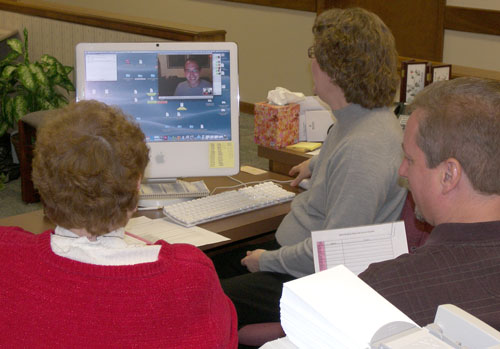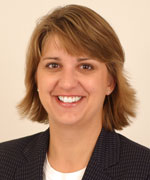16 Feb Guard Your Domain Name
A domain name is a very cheap piece of cyber real estate. Your church can register a domain for $20 or less per year. This domain can then become the hub for all of your church’s internet communications–your website, your email, a blog, etc. If people know your domain name, they can find you.
However, every year, one or two United Brethren churches lose their domain name.
- Maybe nobody in the church office understood what the renewal notices were about.
- Maybe renewal notices were going to somebody who no longer attends, but who originally registered the account.
- Maybe they just procrastinated too long.
- Or maybe they just forgot.
Many companies eagerly pounce on lapsed domain names. They like snapping up something with established traffic flow. As a result, the church loses their domain name, which has a variety of ramifications:
- The church website address no longer works.
- Email addresses which used that domain no longer work.
- Business cards, letterhead, and any other printed materials which mentioned those email addresses or the website URL must be reprinted.
- The church must find a new domain name, which will probably be less satisfactory than the previous one.
- People who type in the name of the previous domain name will be taken to something totally unrelated to the church–perhaps a porn site.
So, some suggestions:
- Make sure you know where the domain is registered.
- Try to get the domain directly under the church’s control, rather than in the account of a parishioner.
- Make sure your contact information with the registrar is current, so you receive notices when it’s about to expire.


